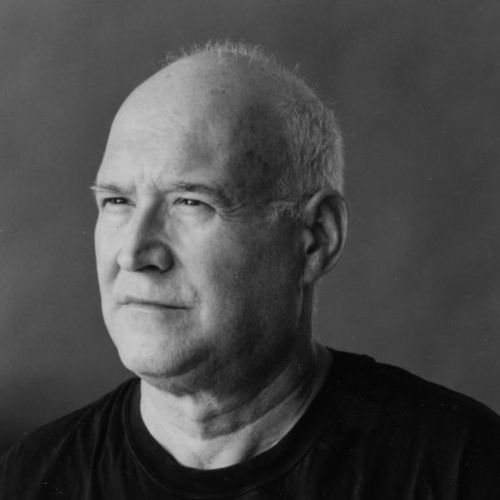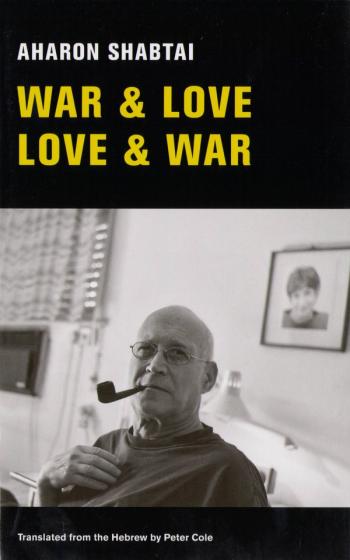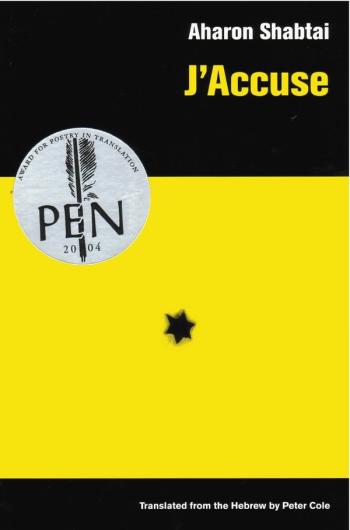Playing on Zola’s famous letter denouncing the anti-Semitism of the French government throughout the Dreyfus affair, Aharon Shabtai’s title can be taken literally: it charges his government and his people with crimes against the humanity of their neighbors. Here we find snipers shooting children, spin-masters trying to whitewash blood baths, ammunition “distributed like bars of chocolate,” and “technicians of slaughter” for whom morality is merely “a pain in the ass.” With a splendid lyrical physicality that accentuates Shabtai’s terse immediacy and matter-of-fact scorn, the poems cover a period of six years – from the 1996 election of Netanyahu as prime minister through the curfews, lynchings, riots, sieges, and bombings of the second intifada. But at the heart of J’Accuse is the fate of the ethical Hebrew culture in which the poet was raised: Shabtai refuses to abandon his belief in the moral underpinnings of Israeli society or to be silent before the barbaric and brutal. He witnesses, he protests, he warns. Above all, he holds up a mirror to his nation.


